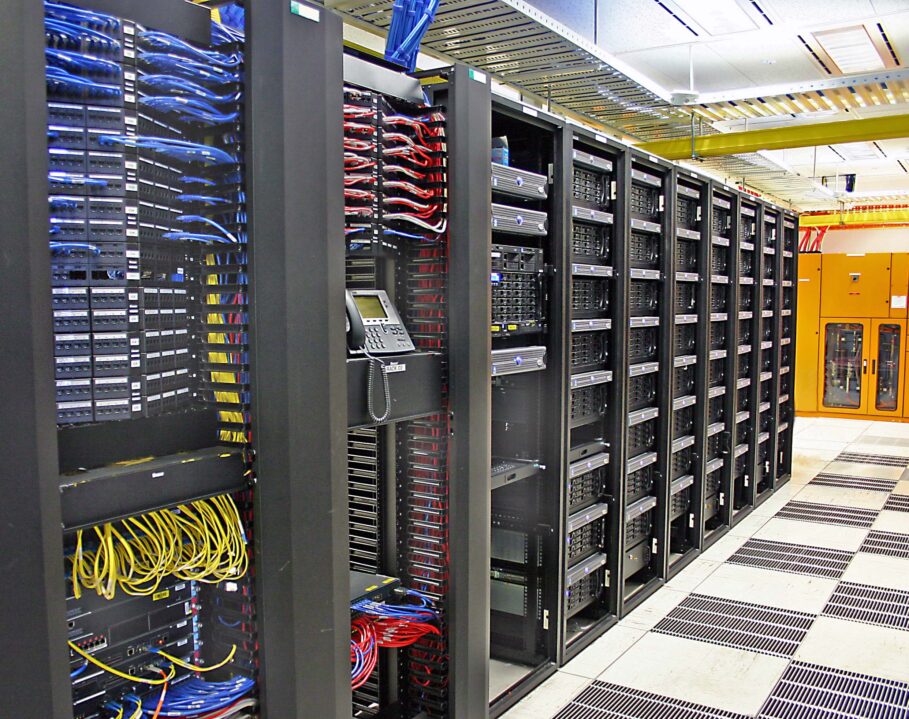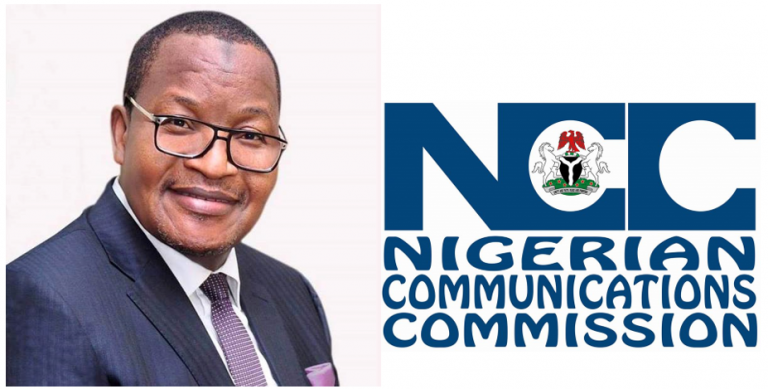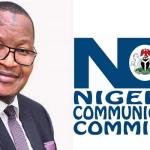The Nigerian Communications Commission (NCC) has underscored the importance of having a robust data service system in the digital ecosystem.
The NCC Executive Vice Chairman, Professor Umar Garba Danbatta, who spoke at the fourth edition of the Telecommunications Sector Sustainability Forum themed: ‘Mainstreaming Data Centres in the Nigerian Digital Economy’, said that in the context of developing digital economy, the slogan “Data is the new oil,” which captures the expanding primacy of data, has continued to reverberate globally with increasing intensity, hence the need to put in place appropriate structures and frameworks to utilize the opportunities it offers, especially to the national economy in so many ways.
Join our WhatsApp ChannelDanbatta, who was represented by Sunday Atu, Head of Tariff Administration at NCC, observed that recent events show that the data service space contains countless treasures for nations.
“Africa has recently assumed a new frontier and compelling destination for global Big Tech players,” he said.
“These include such giants as Google with its Equiano subsea fibre cable spanning 15,000 km from Portugal to South Africa with strategic landing points in Nigeria and Namibia and expected to increase connectivity more than five-fold within Nigeria while creating an expected 1.6m jobs.
“Also, Meta, the parent company of Facebook, is equally at the threshold of launching its own subsea cable called 2Africa in 2024 to connect 16 African countries at an estimated cost of $1bn. It is targeted to generate close to $36bn of economic output within 2 to 3 years of operation.”
The developments around data service space, according to the NCC EVC, prove that these hubs continue to have a huge capacity to attract international investments.
READ ALSO: Broadband Connectivity Supports e-Procurement For Transparency, Accountability – Danbatta
“The global data centre market is worth billions of dollars, and Nigeria is well-positioned to attract a fair share of this investment.
“By providing a reliable and secure environment for the services they offer within a well-nurtured policy and regulatory framework, Nigeria represents an attractive destination for more investment in data centre services and operations.
“The implication of such investments on jobs in the construction, operation, and maintenance of these data centres can only be imagined,” he explained.
He, however, stressed the need to intensify efforts on broadband development and support for data centre services to boost the country’s digital sovereignty. On the quest to ensure digital sovereignty, the NCC boss informed that the Nigerian government has taken significant steps towards that by adopting appropriate policy and regulatory framework that encourage localisation of traffic and data.
“The nature and functional model of data centres with special regard to its centralized architecture, with compelling assurance provides greater guarantee against various malicious attacks and unauthorized access to sensitive information.
“This is in addition to the efficiency engendered by the robust economies of scale through critical resources shared and made available by Data Centres,” he stated.

The NCC EVC also observed that data service centres would play crucial roles in the implementation of the African Continental Free Trade Area (AfCFTA).
He further posited that data centres would provide a platform for productivity and engender “national competitiveness for businesses and public sector entities to effectively harness the opportunities to be unlocked from the estimated $1.2 Trillion latent treasure within the AfCFTA continental block through its 1.3 billion people.”
He further explained that in recognising the place of broadband infrastructure and technology in interconnectivity and its impact on national development, the NCC has taken proactive steps by deploying several policy and regulatory initiatives to drive that.
The Commission has “carried out an extensive assessment of the broadband value chain, including the analysis of market features such as ecosystem mapping, pricing, technology, regulatory climate and competition.”
He pointed out that the Commission’s regulatory intervention has led to an active functioning market that brought about competition and improved quality of service, and also a reduction in data prices for the mobile sector.
With this, he added that digital platforms are anticipated to quickly expand and drive the digital ecosystem across e-commerce, finance, education, entertainment, health, and government.
He, however, noted that data centre operators are not immune from challenges in the environment such as “digital literacy, poor power supply, multiple taxation and regulations at different levels of government as well as the recent deregulation of the downstream petroleum sector and the attendant subsidy removal, coupled with the exchange rate harmonization.”
Danbatta further stated that with the increasing global recognition of broadband as a critical infrastructure and socio-economic tool for national growth it has become imperative for Nigeria to increase its focus on broadband development and increasing support for Data Centre Services in in the country.
Concluding his address, the NCC EVC, emphasised that mainstreaming of data centres requires collective efforts of all to ensure that they operate in a way that guarantees national digital sovereignty as well as the ability to prioritize contents that reflect the people’s cultural norms, contexts, and ideological values while reaping the associated socio-economic benefits along the value chain.
Victor Ezeja is a passionate journalist with seven years of experience writing on economy, politics and energy. He holds a Master's degree in Mass Communication.


















Follow Us